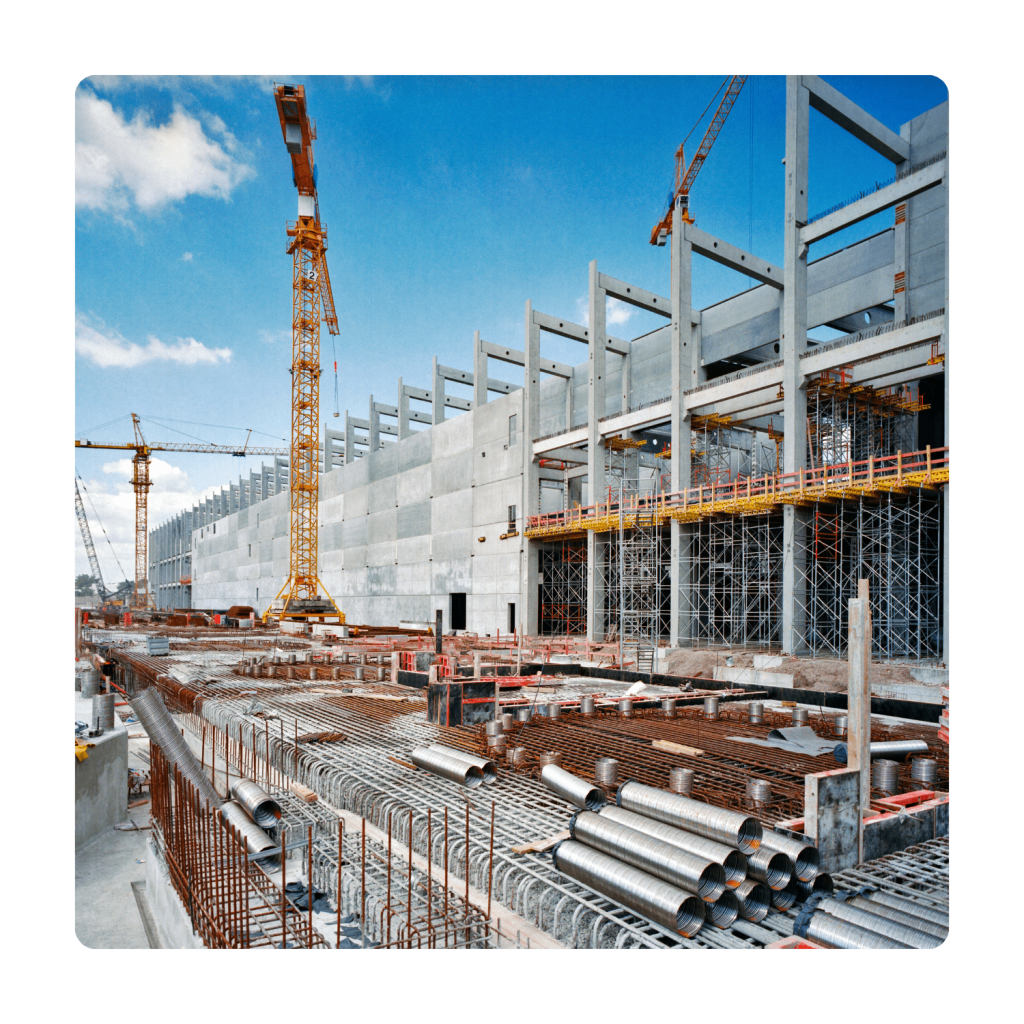In recent years, the construction industry has seen a significant shift towards sustainability, driven by growing environmental concerns and the need for more responsible resource management. Sustainable construction practices aim to minimize the environmental impact of building projects while maximizing efficiency and longevity. In this blog, we’ll explore the importance of sustainable construction and its benefits for both the environment and society.

- Reducing Carbon Footprint: Traditional construction methods often result in high carbon emissions due to energy-intensive processes and the use of non-renewable materials. Sustainable construction focuses on reducing carbon emissions by incorporating eco-friendly materials, optimizing energy usage, and implementing renewable energy sources such as solar panels and wind turbines. By minimizing carbon footprint, sustainable buildings contribute to mitigating climate change and preserving the planet for future generations.
- Conserving Natural Resources: Sustainable construction emphasizes the efficient use of natural resources such as water, energy, and raw materials. Through strategies like water-saving fixtures, energy-efficient HVAC systems, and recycled building materials, sustainable buildings minimize resource depletion and promote responsible resource management. By conserving natural resources, sustainable construction helps to protect ecosystems, preserve biodiversity, and maintain ecological balance.
- Improving Indoor Air Quality: Traditional building materials and practices can contribute to poor indoor air quality, leading to health issues such as respiratory problems and allergies. Sustainable construction prioritizes the use of non-toxic, low-emission materials and incorporates ventilation systems that enhance indoor air quality. By providing healthier indoor environments, sustainable buildings promote occupant well-being and productivity.
- Enhancing Resilience and Durability: Sustainable construction techniques often result in buildings that are more resilient and durable, capable of withstanding environmental hazards such as extreme weather events and natural disasters. Features like durable roofing materials, stormwater management systems, and passive design strategies improve building resilience and reduce maintenance costs over time. By building resilient structures, sustainable construction contributes to community safety and disaster preparedness.
- Promoting Economic Benefits: While there may be upfront costs associated with sustainable construction, the long-term economic benefits far outweigh the initial investment. Energy-efficient buildings result in lower operating costs due to reduced energy consumption, leading to significant savings on utility bills over the building’s lifespan. Additionally, sustainable buildings tend to command higher resale values and attract tenants willing to pay premium rents for environmentally friendly spaces.
In conclusion, sustainable construction is not just a trend but a necessity in today’s world. By embracing sustainable practices, the construction industry can play a pivotal role in addressing environmental challenges and creating a more sustainable future. From reducing carbon emissions to conserving natural resources and improving indoor air quality, sustainable construction offers a multitude of benefits for both the environment and society at large. As stakeholders in the built environment, let’s commit to prioritizing sustainability in all our construction endeavors.
Contact RR Construction today:
- Phone: 7225867726
- Address: Shop no 2, Purushottam Bhavan, CMD Chowk, Link Road, Bilaspur, 495001.
- Email: rrbuildconbsp@gmail.com
Experience the difference with RR Construction – Where Excellence Meets Expertise!
